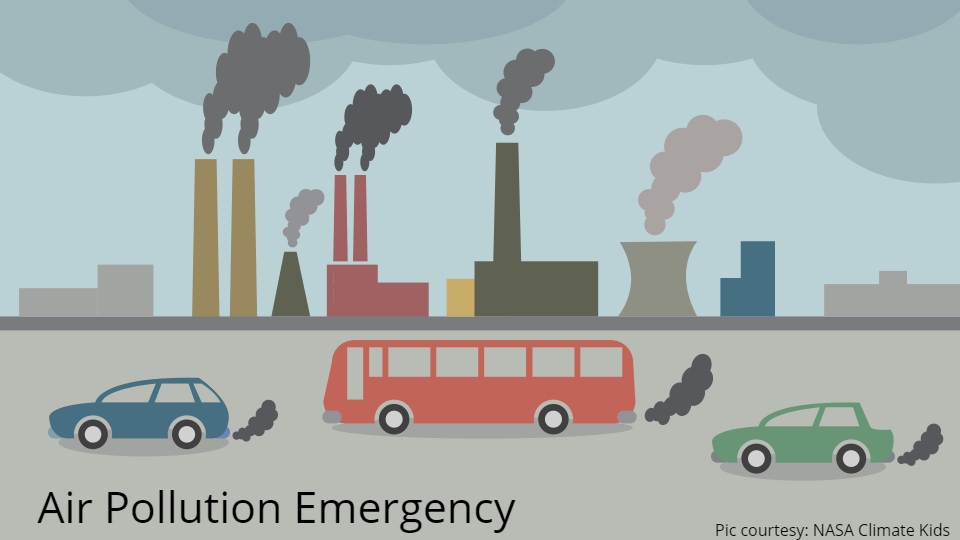

By A Special Correspondent
First publised on 2021-09-24 06:02:05
The WHO has come out with a new set of standards for accepted pollution levels in the latest Global Air Quality Guidelines (AQG). Since the last AQG was issued by WHO in 2005, it was necessary for revised guidelines that took into account medical research on health due to rising pollution levels across the globe. WHO said that over 7 million people die prematurely every year due to pollution-related issues. This is a mind-boggling figure and shows how laxity in following accepted pollution norms has been killing people and taking a toll on their health.
The new AQG prescribes that the average 24-hour exposure to PM2.5 must remain below 15ug/m³ (earlier 25ug/m³) for it to be considered safe. In the case of PM10 particles, the safety level has been lowered from 50 to 45ug/m³. India is way behind these figures. For example, the mean average PM2.5 in Delhi was eight times over the earlier WHO standards and it will be 17 times higher than the new safe limits. These figures show that there is an air pollution emergency in India and it has to be addressed soon.
India has to revise its air pollution guidelines and the latest WHO AQG must guide it in that. But for a rapidly developing country like India, strictly following the WHO standards might not be possible as it has to balance economic growth and pollution goals. Yet, the old Indian standards are not enough. The government has indicated that it will come out with new, stricter standards next year. The new standards must be set by balancing the need for economic growth and the health of the people.
There are many areas where pollution norms are not followed strictly despite it not being very costly to implement the measures. For example, at many construction sites, there are no silos to store sand and cement bags are also kept in the open if the weather is fine. These materials fly in the wind and pollute the air. When old houses are being brought down, the apology of the plastic sheet covering the structure is not enough to prevent dust particles from polluting the air. Vehicular pollution remains a big headache despite Supreme Court intervention. India has to rapidly make the transition from polluting petrol and diesel to pollution-friendly gas and electric vehicles to ease the burden. Even industrial units must be encouraged to run on alternative fuels. But the prohibitive cost of cleaner energy makes it a tough.











